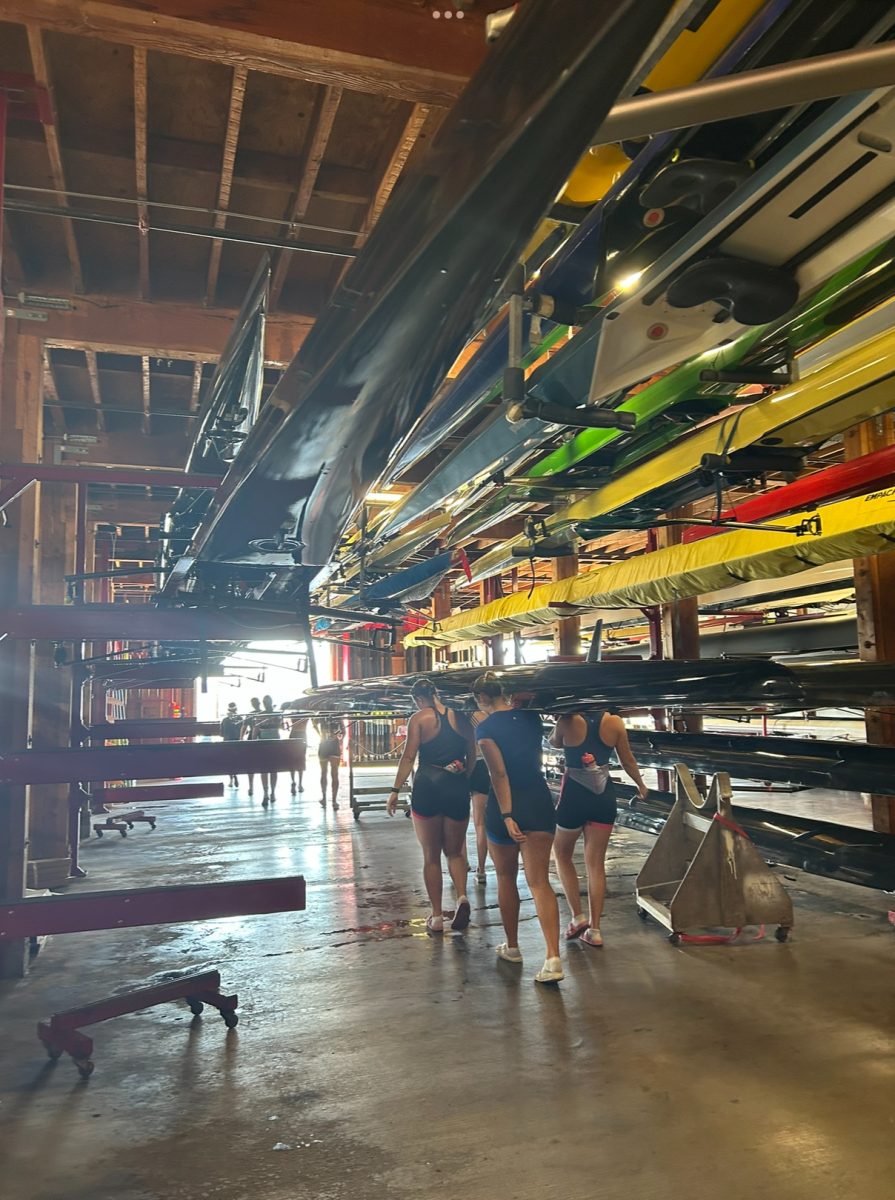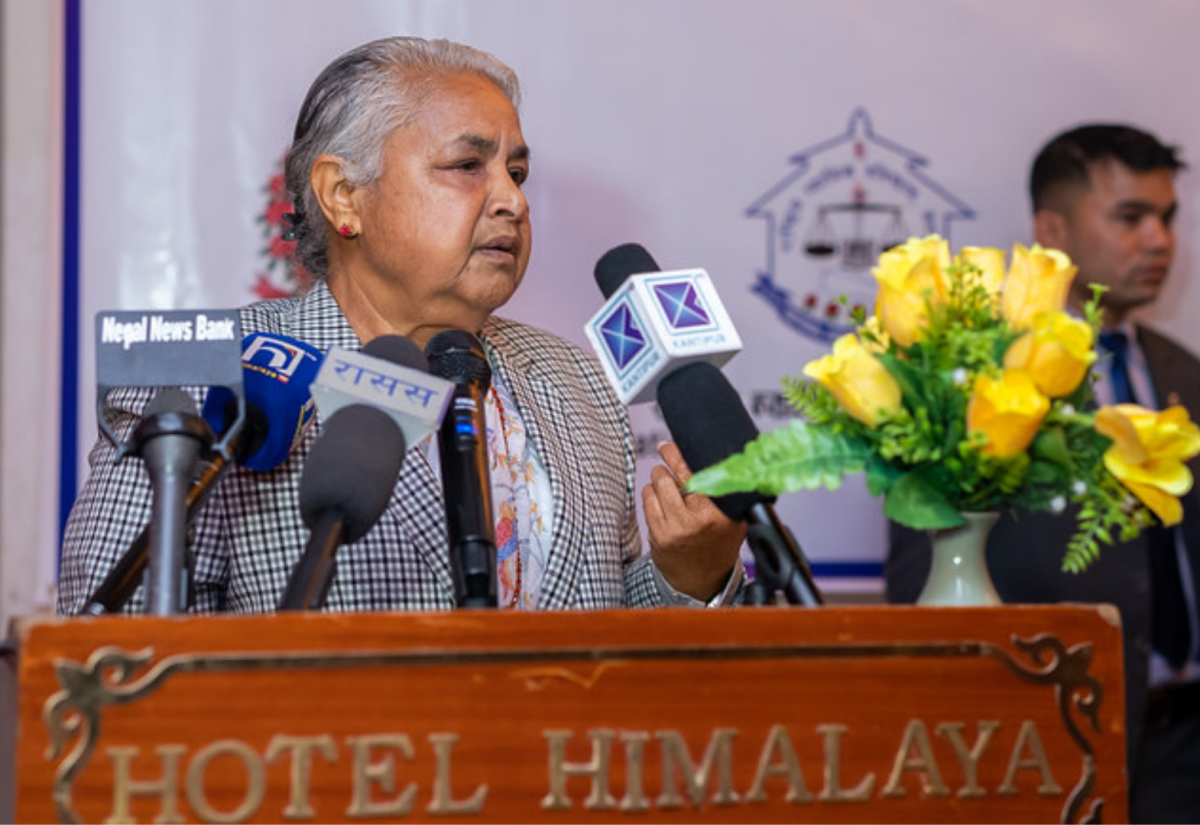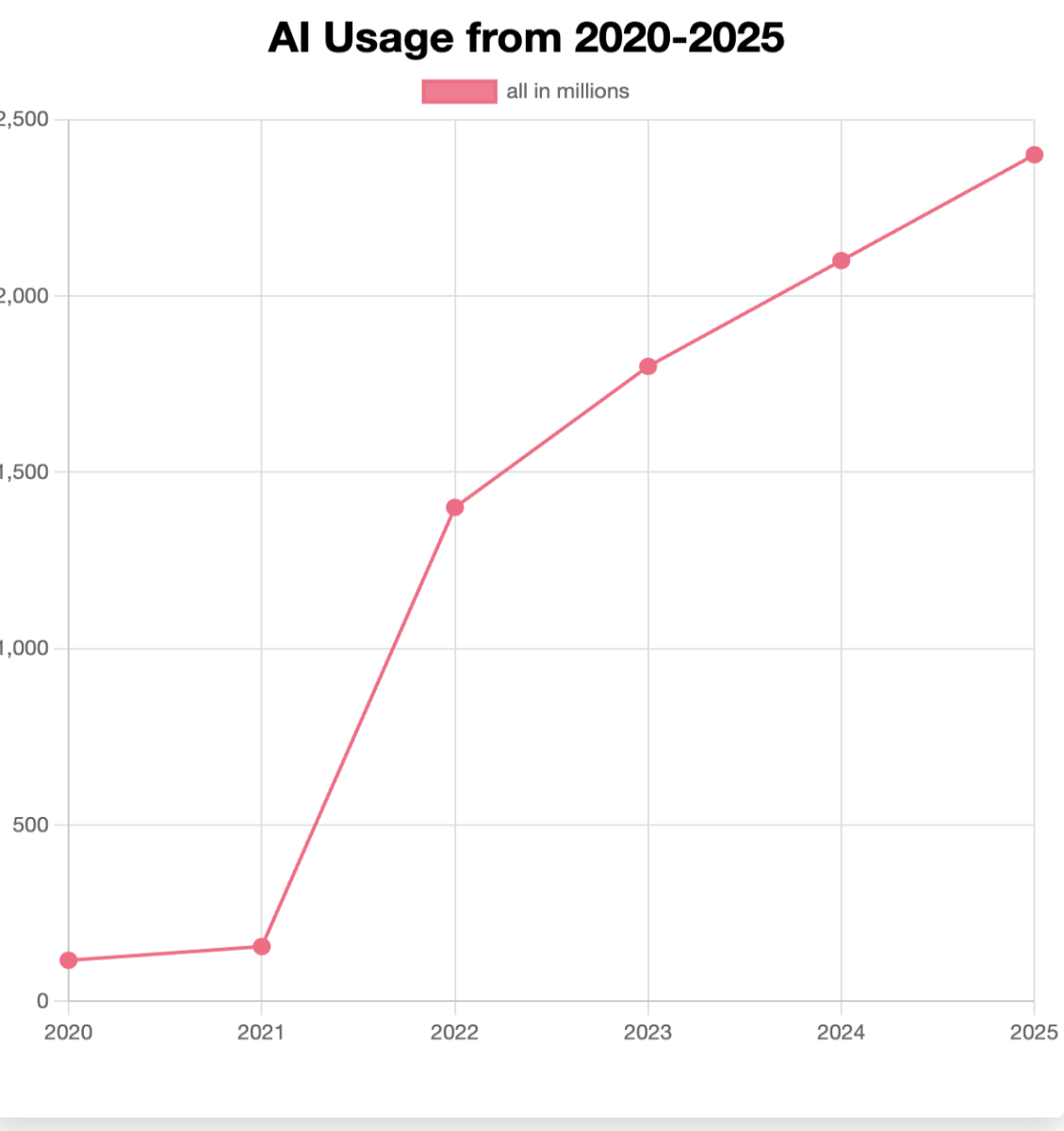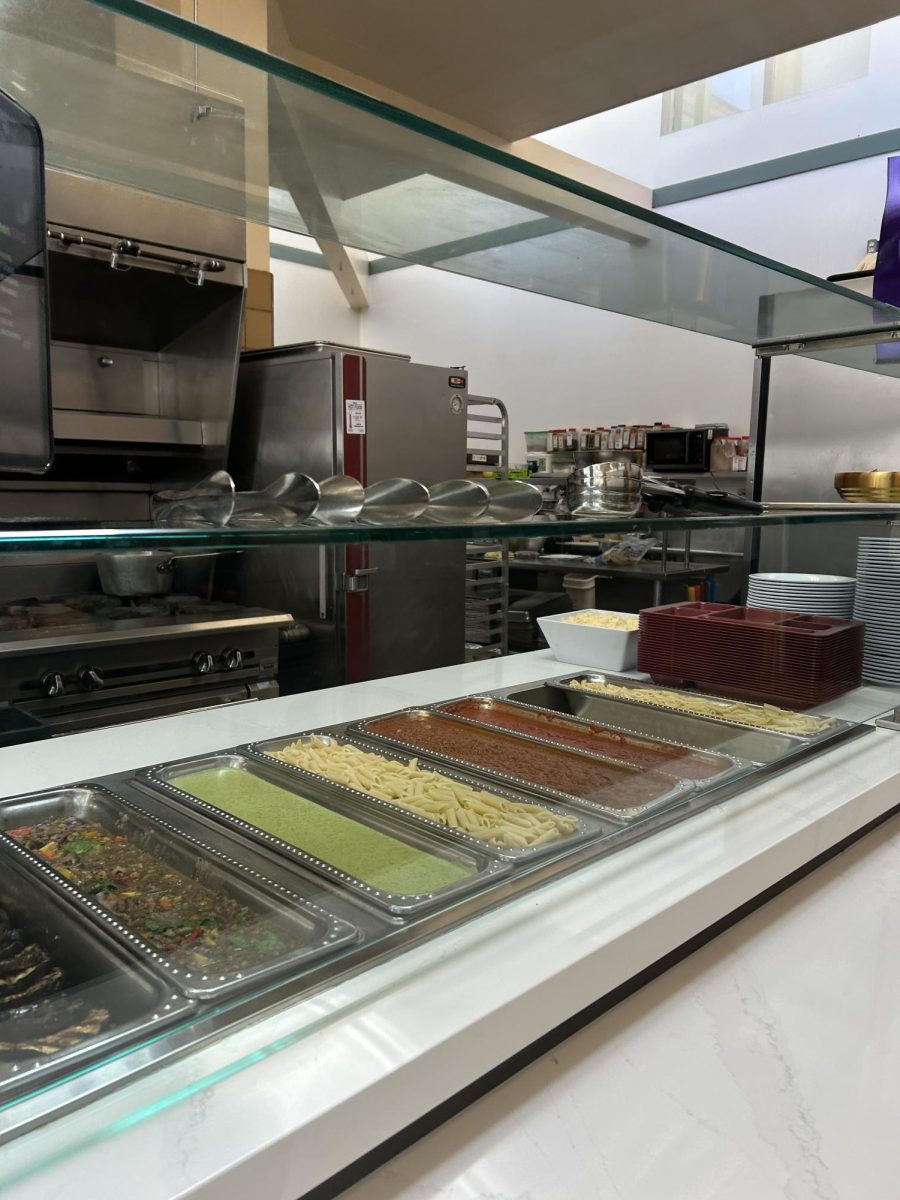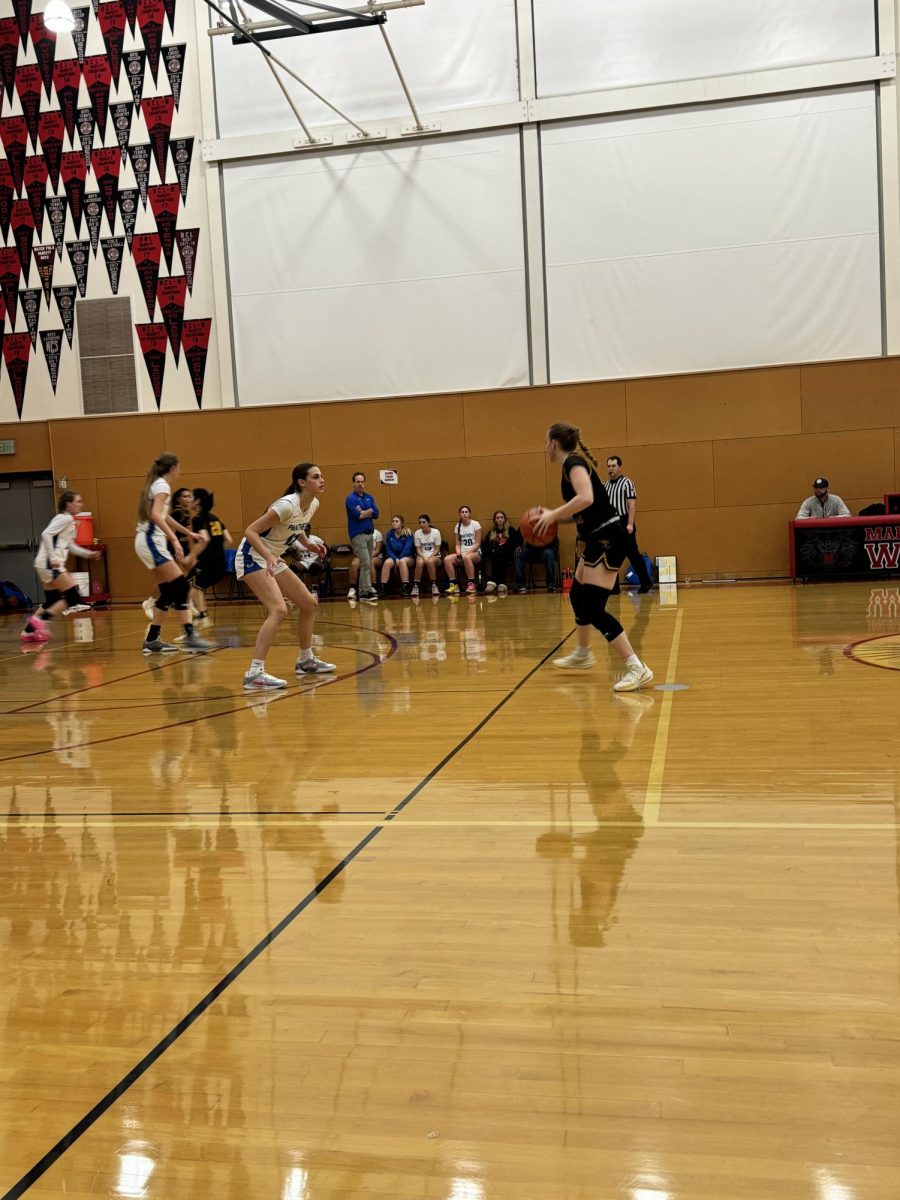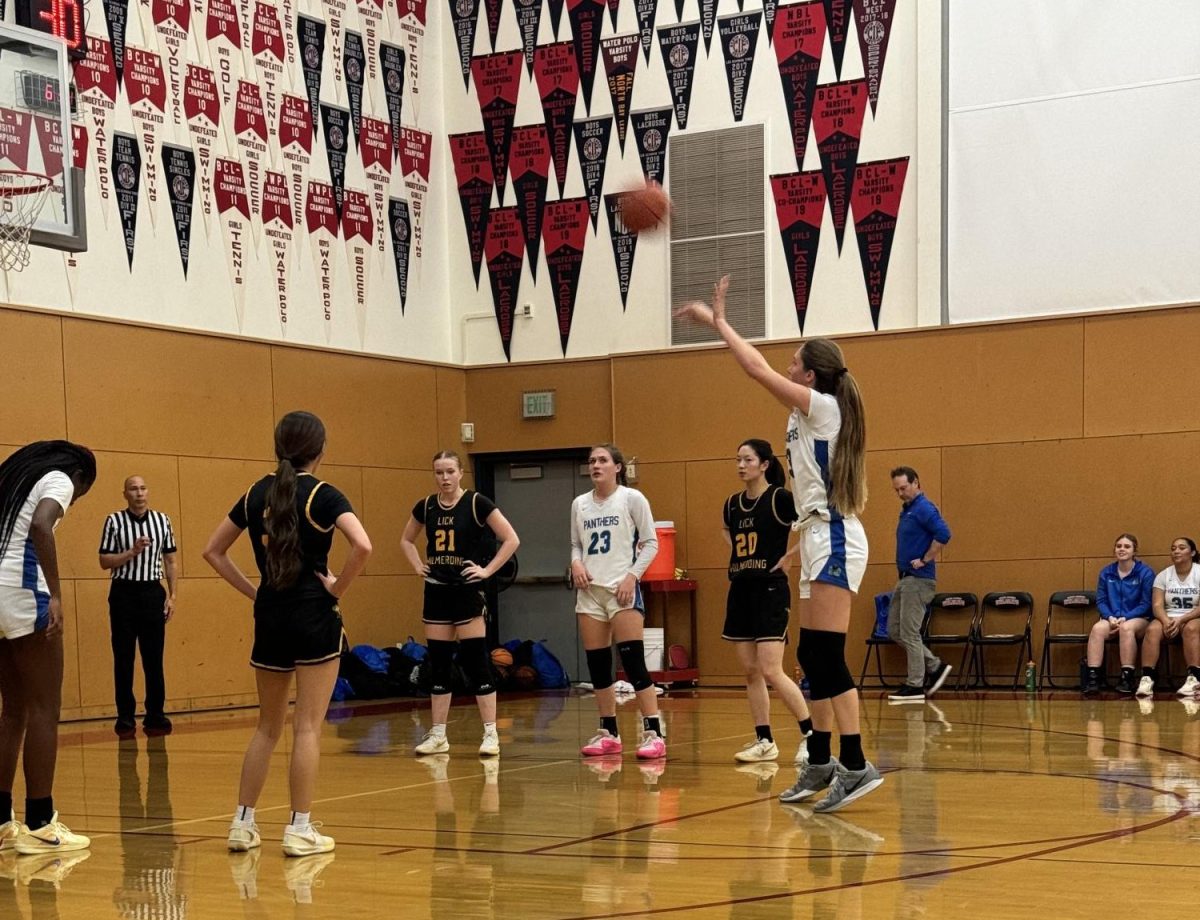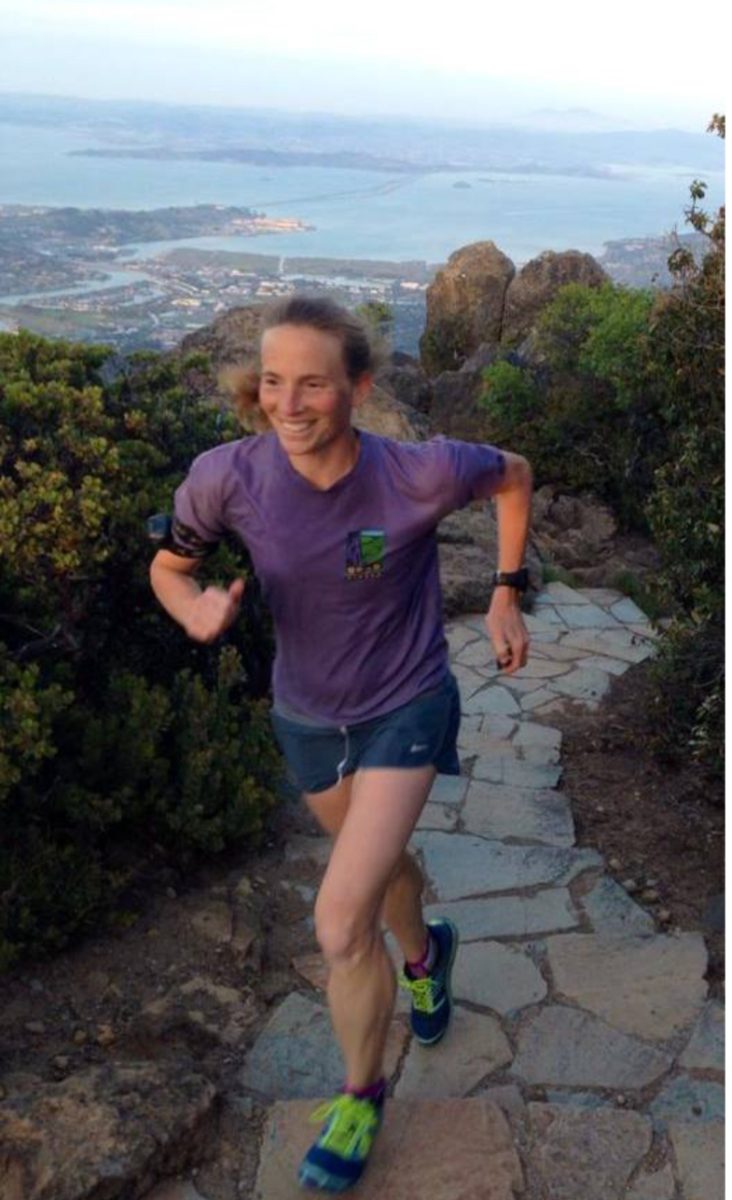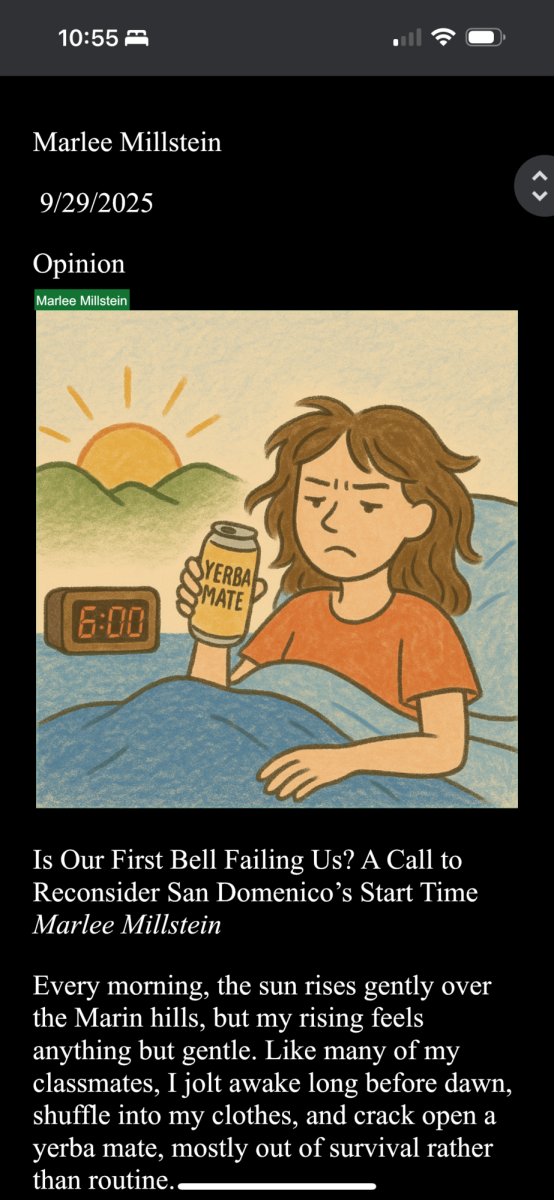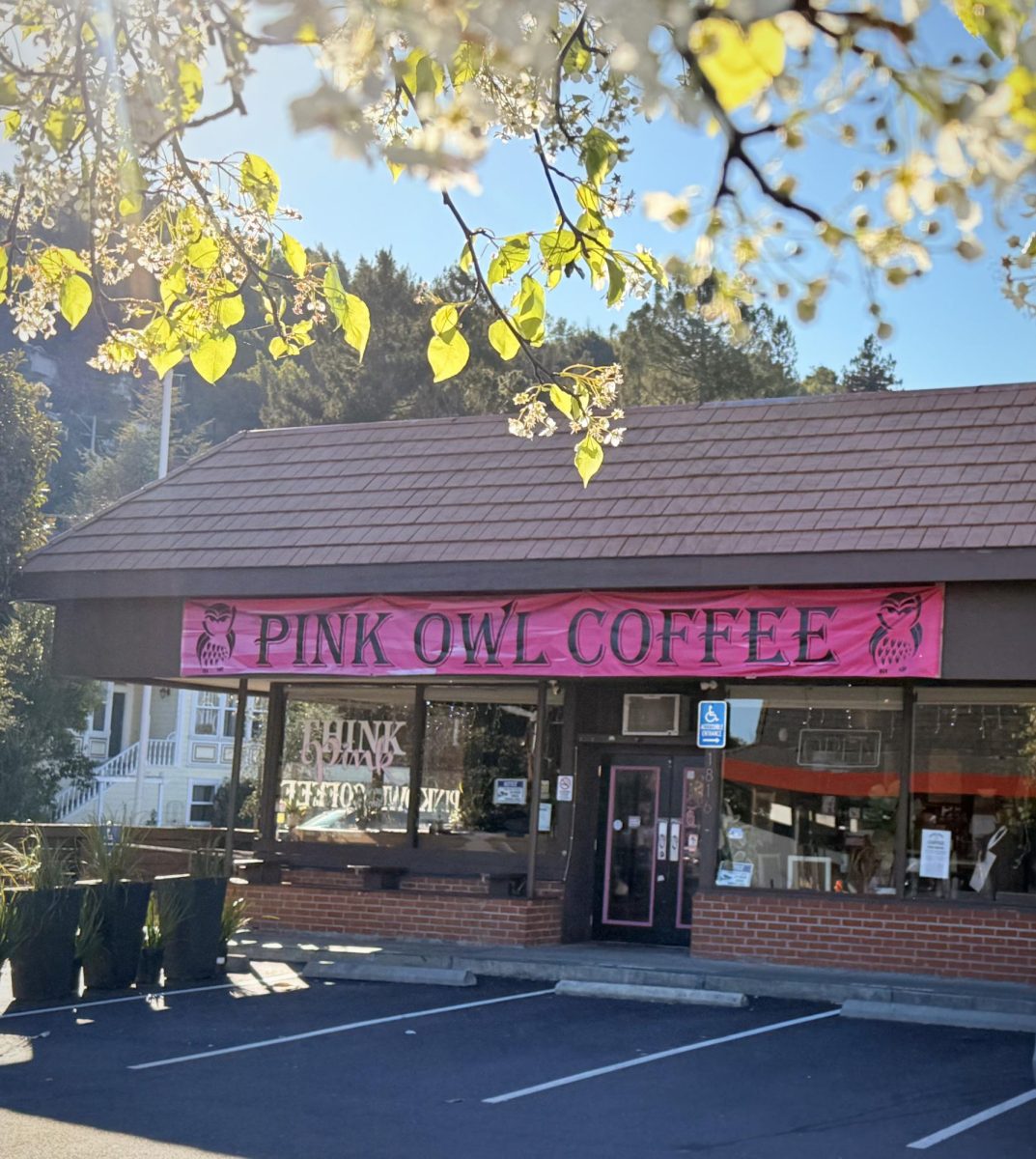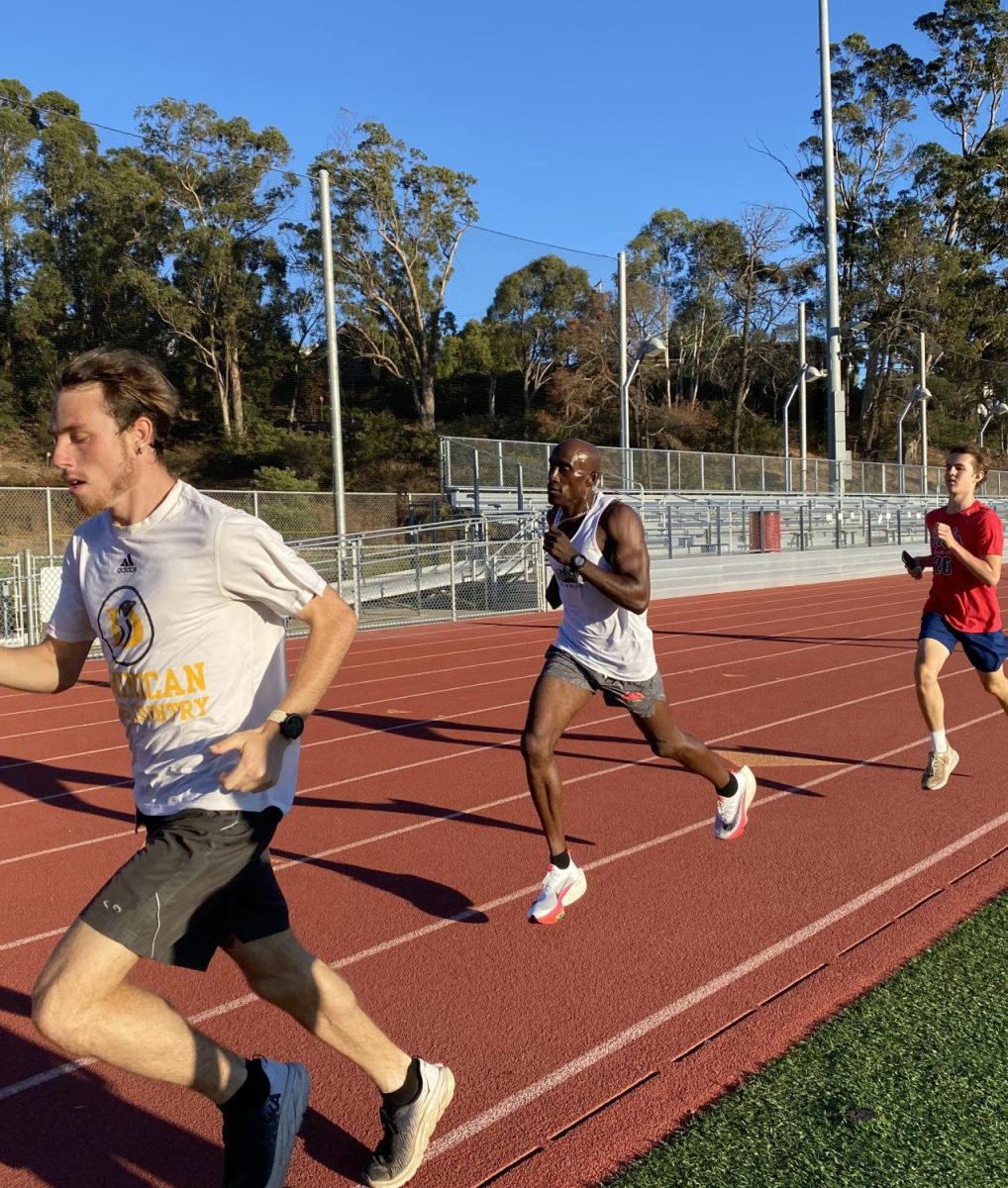When I say prison, what is the first thing that comes to mind? Probably orange jumpsuits, fights breaking out in the yard, and riots every other day enforcing gang activity. When I say prisoners, you’ll probably immediately think about the representation you’ve seen in dramatic TV shows and movies. What we usually don’t think about when the words prison and prisoner come up is people. Simply people. The incarcerated are people who have made grave mistakes — or are paying for a mistake they didn’t even make — but people nonetheless.
On Thursday, March 14, Markelle Taylor came to San Domenico as a guest speaker with the agenda of talking about the documentary “26.2 to Life,” which describes the in-prison rehabilitation program he was in. Before his speech, he was met with both push-back and open arms by the student body. Some were concerned about their safety, while others were eager to gain insight to a new perspective.
Markelle Taylor was born in Chicago and later moved to California to both shield him from negative influences and to get him away from his abusive stepfather. Unfortunately, Taylor veered onto a troubled path in spite of his mother’s efforts. While under the influence, Taylor had a domestic dispute with his pregnant girlfriend at the time and ended up hurting her and the baby. About three days later, Taylor turned himself in and was processed through the county jail to prison.
While incarcerated, Taylor found solace in the Thousand Mile running program. It was a crucial stepping stone in his journey, facilitating physical healing and an inner journey. The running program as well as his journey with his spirituality assisted Taylor in better understanding how to help others and himself.
“Running was the glue that put everything together; The yeast that makes the cake rise,” Taylor said. “I was disciplined. With my spirituality and my religion and taking these different programs, I understood what it takes to be a man.”
Taylor’s narrative underscores the power of personal growth amid adversity and stigma. His journey exemplifies the significance of rehabilitation programs in finding one’s authentic self behind bars. Through these programs, not only did Taylor rebuild himself but he also found his purpose in serving others.
“…Four years before my parole, I was free,” Taylor said. “Even if I wasn’t released, I was free in mind and heart.”
Around five years ago, Taylor met Mary Churchill, a science teacher at San Domenico School, who was also volunteering at the Thousand Mile running program at the time. They ran together during Taylor’s time in San Quentin and after he was released, Taylor was looped into Churchill’s local running club here in Marin.
Through this connection and Taylor’s newfound passion for service, Taylor was given the opportunity to be a guest speaker at San Domenico School.
The reaction of the student body varied from accepting to fearful. Some students were concerned about how San Domenico’s image would suffer by letting someone with a criminal record teach the student body. The lingering stigma around what Taylor had done to wind up in prison also fueled students’ apprehension. A petition was even formed to prohibit Taylor from coming as a guest to San Domenico.
The protests of the students were heard and considered, but ultimately, the administration decided to continue with the presentation as planned. Students were ushered down to the gym to hear Markelle Taylor’s story.
“You have to be open to just hearing about something you don’t agree with,” Mary Churchill said. “Because we’re [a] community.”
Kaia Berg-Smith was one of the students at San Domenico who initially grappled with the message that would be sent by allowing Taylor to speak to the student body. While she agreed with the idea of prison reform, she also was thinking of the victim of Taylor’s crime as violence against women is a key moral for her. But through actually listening to Markelle Taylor’s story, she gained a better understanding of how childhood experiences impact development can ultimately affect an individual’s behavior later on in life.
“It was powerful hearing how [Taylor] suffered through his father’s abuse,” Berg-Smith said. “He didn’t have the resources that we have here at San Domenico.”
But regardless of some students’ concerns, Taylor did and will continue to persevere in his journey to spread awareness about the prison system and the importance of staying out of trouble. Through his journey, he continues to break down barriers and inspire change.
